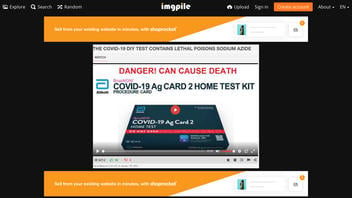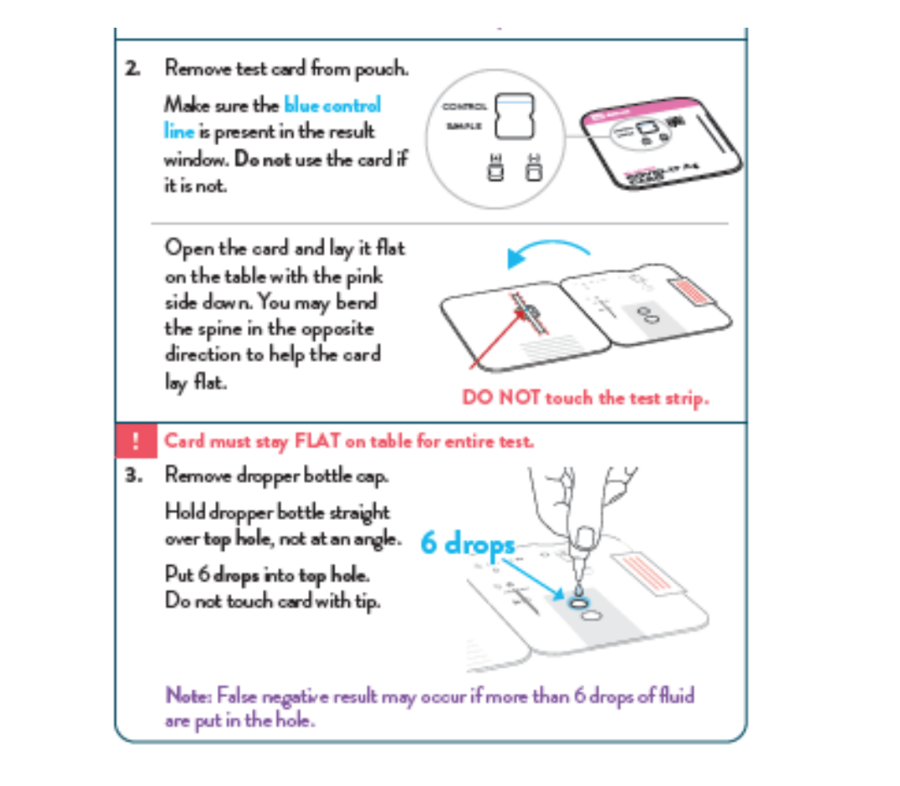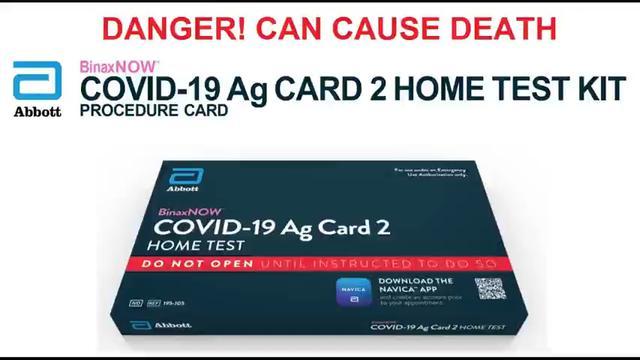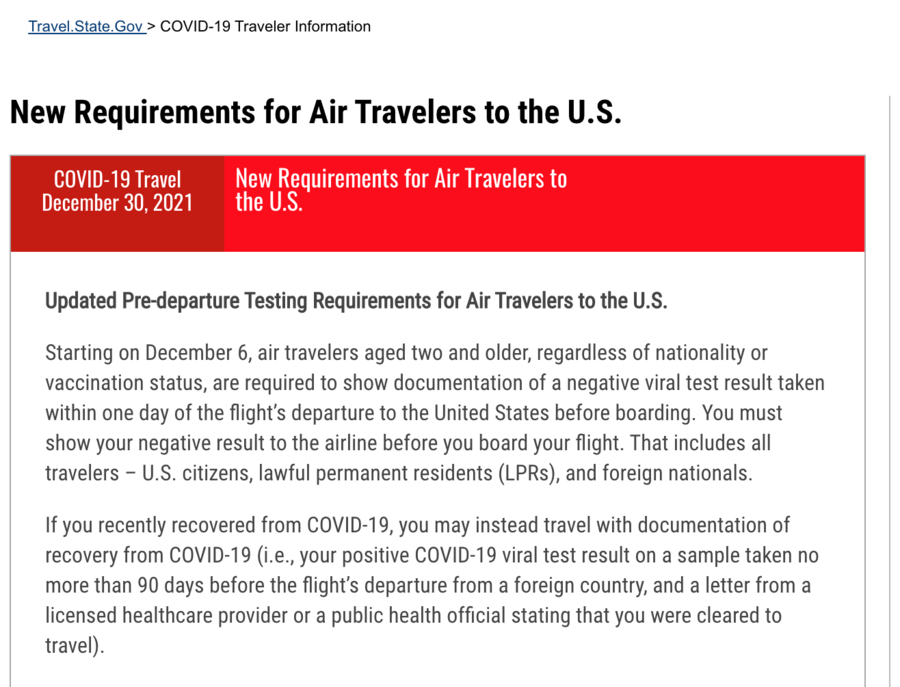
Is a lethal drug included in over-the-counter COVID-19 test kits? Yes, but that is misleading. In the Abbott Laboratories home kit, the drug sodium azide is in the liquid in a dropper bottle, with the liquid placed on the paper test card where the swab is inserted after being used to gather a specimen. The small amount of sodium azide in the test kit should not come in contact with a person when they use the home test, as only the swab is placed in the liquid. And, the amount of sodium azide is so small that it is not a "lethal drug" in the test kit.
The claim appeared as a video published by Bitchute on January 11, 2022, titled "THE COVID-19 DIY TEST CONTAINS LETHAL POISONS SODIUM AZIDE" (archived here), which opened:
On October 25th of 2021, the CDC released an order, continuing to deceptively act as if they have that authority, requiring proof of negative COVID tests from all international air travelers two-years-old and up boarding a flight to the United States beginning on December 6.
Users on social media only saw this title, description and thumbnail:
The Covid-19 DIY Test contains lethal poisons Sodium Azide
The video is by Greg Reese reporting for InfoWars, a site that Lead Stories frequently debunks for their false COVID-19 claims. He appears to be referring to the U.S. Department of State guidance, "New Requirements for Air Travelers to the U.S.":
(Source: U.S. Department of State website screenshot taken on Tues Jan 10 21:48:02 2022 UTC)
At :51 in the video he claims:
What could go wrong is that Abbott has included the lethal drug sodium azide into the do-it-yourself test kit. Sodium azide has caused deaths for decades. Even minute amounts can cause organ damage, sowing most of its damage into the heart and brain. There is a small warning and instructions not to touch the swab to the reagent solution, the lethal sodium azide. But mistakes happen and there have been several deaths and injuries in hospitals and laboratories by trained professionals handling sodium azide.
As he speaks the table below from the Food and Drug Administration (FDA) is shown. The "BinaxNOW™ COVID-19 Antigen Self TEST" document is on page 4 at this link:
(Source: FDA website screenshot taken on Tues Jan 10 18:02:034 2022 UTC)
The narrator continues at 1:34 in the video:
Sodium azide is fatal if swallowed, fatal in contact with skin and fatal if inhaled and it is now included in over-the-counter test kits for frantic everyday citizens to hurry through a day before international travel including 2-year-olds. What could go wrong?
Sodium azide is included in a dropper bottle and is placed on a paper test card in the home test kits. It is not on the swab used in the nasal cavity to gather a specimen for testing. These are the instructions that show how to place the drops on the test card on Page 6 of the FDA "BinaxNOW™ COVID-19 Antigen Self TEST" document:
 (Source: FDA website screenshot taken on Tues Jan 10 22:22:16 2022 UTC)
(Source: FDA website screenshot taken on Tues Jan 10 22:22:16 2022 UTC)
"Sodium azide is used as a chemical preservative in hospitals and laboratories," the CDC website says. 
(Source: CDC website screenshot taken on Tues Jan 10 19:35:16 2022 UTC)
The amount of sodium azide in COVID-19 tests is not enough to poison a person, according to the Illinois Poison Center:
The concentration of sodium azide in rapid COVID reagent solutions, is 0.0125%) in a volume as little as 50 microliters--a very tiny amount. Therefore, someone would have to drink all of the reagent in forty-eight (48) COVID test kits to reach 0.3mg, which is the lowest dose of sodium azide that you could see toxicity.
Dr. Kelly Johnson-Arbor, co-medical director and medical toxicologist at the National Capital Poison Center, spoke to Lead Stories via telephone on January 10, 2022, and confirmed that the amount of sodium azide in a COVID home test kit is "well below the toxic level for an adult." Johnson-Arbor said:
The dose makes the poison, everything is poisonous in a certain dose and this is no different.
The home test has about 1 cc of reagent in it. That means there is only .125 milligrams in the dropper bottle so that is well below the toxic level for an adult. It is a very very small amount. And it is likely that exposure to a couple of drops is not going to cause serious toxicity. Children could have a reaction from a lower dose but they are not going to be administering the tests and they should not be handling the liquid. It's likely that a larger amount is well below the toxic amount for an adult."
If someone does accidentally come in contact with or ingest sodium azide, help is available online with webPOISONCONTROL® or by phone at 1-800-222-1222. Both options are free, expert, and confidential.




















